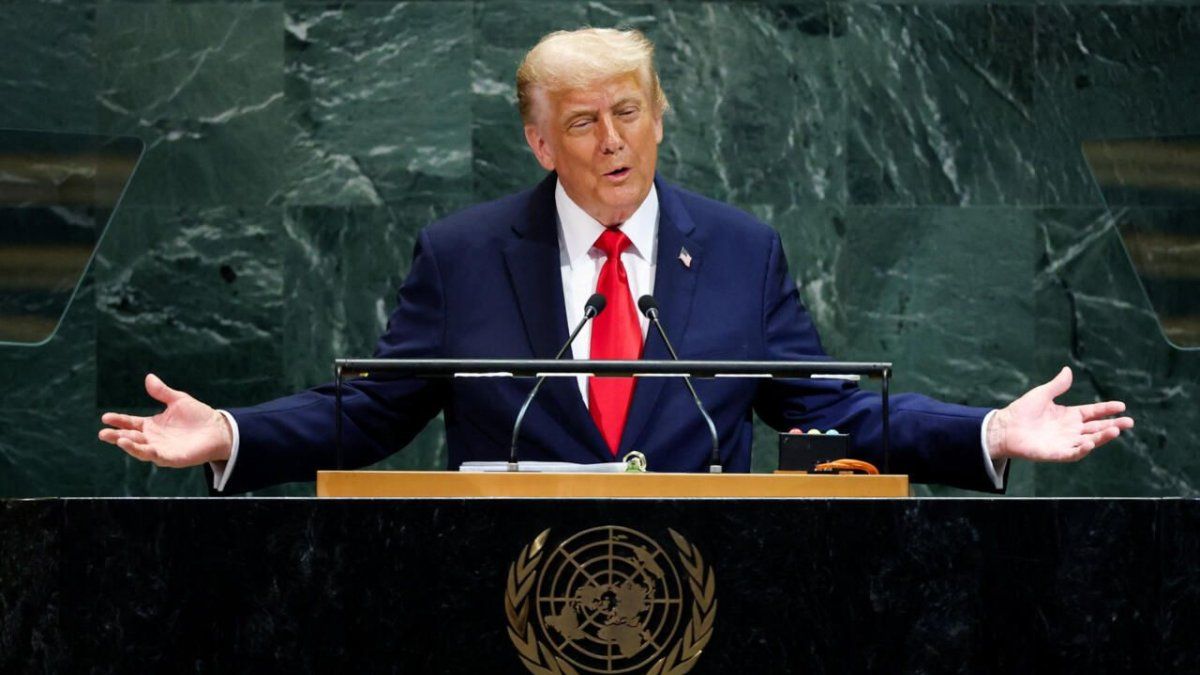A delegation arrived in Argentina and met with authorities, consultants and companies. What were the conclusions?
JPMorganthe financial giant of the USA sent a delegation to the country that prepared a report on Argentina’s macroeconomic prospects for 2024. After this visit, which included a group of investors, analysts proposed that the exit of the exchange rate perhaps it is not around the corner as is debated in the market and the dollarizationeven more.
The content you want to access is exclusive to subscribers.
The JPMorgan envoys were convinced that fiscal policy will be the axis of the Government and the path to disinflation, the main objective. The visit included a group of investors made up of Rodolfo Angele, Yuri Fernandes, Diego Celdon and Marlon Medina, responsible for the report they compiled after visiting authorities, consultants and companies.


Dollar Stock Exchange.jpg

JPMorgan: what are the main concerns
At the beginning of the document, JPMorgan affirms that the concerns of the local environment are related to “sustainability” where the approval of the Bases Law in Congress “seems necessary.” On the other hand, popular support for the Government, which, although still high “could be at risk.”
JPMorgan: one by one, the conclusions of the report
- Fiscal adjustment, the macroeconomic pillar of the Government program: Fiscal Adjustment is the pillar of the Macroeconomic Program. “The Government aims for a significant reduction in primary spending and reaching financial balance by the end of the year. Government officials mentioned that the adjustment is being made faster than expected. The main concerns on this front were related to the sustainability of some of spending cuts (both from a practical and legal point of view), the risk that would be significantly reduced with the approval of the general law”, the bank explained.
- Ongoing disinflation trends: Inflation is declining from levels above 20% (there is disagreement among investors about whether it is fast enough or not). For experts, the Central Bank focuses attention on continuing the disinflationary trend. “This is a key variable to monitor in the coming months, since anything to derail this trenddue to local or external causes, “It would jeopardize the ability to lower interest rates and put pressure on the currency.”
- It is expected a relaxation of capital controls later in the year. Gradual lifting. Controls are planned, probably moving towards a “managed float” exchange rate. However, the Central Bank They showed no urgency on this front, highlighting that they will do so only when the conditions are met and after strengthening their balance sheet.
- Political landscape and governance: President Milei faces challenges in negotiation and political management capacity, highlighting the need for a broader coalition, especially with the radical party, to approve laws. Until now That does not seem easy and is the most important political challenge.
- Finance: For banks, there is a consensus that loan demand could recover if monthly inflation decreases to levels of 7%, which is expected to happen at the end of 2024 and 2025.”This could unlock significant growth potential, as the loan-to-GDP ratio stands at a very low level of 8% (compared to levels of ~15% in the Macri era), although the main challenge for this to materialize is that the Government approve the necessary reform measures to make the fiscal surplus and, therefore, the disinflationary process sustainable.”
Source: Ambito




